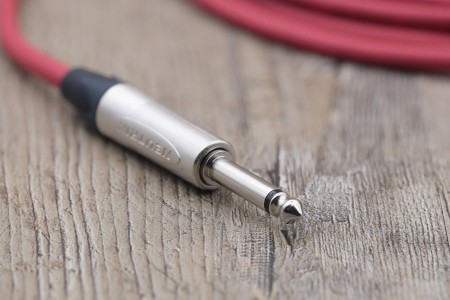In a world filled with constant noise, finding moments of peace can seem nearly impossible. Whether it’s the hum of city life, the roar of traffic, or the chatter of coworkers, noise can be an unwelcome distraction. This is where noise-cancelling earplugs come into play, offering a solution for those seeking tranquility amidst the chaos. These innovative devices not only block out disruptive sounds but also create a personal sanctuary, allowing users to focus, relax, or sleep better. As the demand for quieter environments grows, understanding the mechanics and benefits of noise-cancelling earplugs becomes increasingly important.
The technology behind noise-cancelling earplugs is rooted in the principles of sound wave interference. These earplugs utilize microphones to pick up ambient noise, which is then countered by sound waves that are phase-inverted. This means that the sound waves produced by the earplugs are opposite in polarity to the incoming noise, effectively cancelling it out. This advanced technology makes them particularly effective in environments with consistent noise, such as airplanes or busy offices.
Comfort is a crucial aspect when considering noise-cancelling earplugs. Many users find traditional earplugs uncomfortable, especially when worn for extended periods. Manufacturers have responded by designing earplugs with soft materials that conform to the ear’s shape. This ensures a snug fit without causing irritation. Some models even come with adjustable features, allowing users to customize the fit according to their preferences.
Another significant benefit of noise-cancelling earplugs is their ability to enhance focus and productivity. In work environments filled with distractions, these earplugs can create a more conducive atmosphere for concentration. Studies have shown that individuals who use noise-cancelling technology report higher levels of productivity and lower stress levels. This makes them an invaluable tool for students, professionals, and anyone needing to concentrate on tasks without interruptions.
Moreover, noise-cancelling earplugs can greatly improve sleep quality. Many people struggle with falling asleep due to external noises, such as traffic or loud neighbors. By blocking out these disturbances, earplugs can help create a serene sleeping environment. Users often find that they fall asleep faster and experience deeper, more restful sleep when using noise-cancelling earplugs.
The versatility of these earplugs extends beyond just blocking noise. Some models come equipped with additional features, such as Bluetooth connectivity, allowing users to listen to music or podcasts while still enjoying noise cancellation. This dual functionality makes them appealing to a broader audience, from travelers to audiophiles. Furthermore, some earplugs offer customizable sound settings, enabling users to tailor their listening experience based on their environment.
Maintenance and care are essential considerations for users of noise-cancelling earplugs. Regular cleaning is necessary to ensure optimal performance and hygiene. Many earplugs come with removable and washable covers, making it easy to keep them clean. Additionally, users should be aware of battery life for rechargeable models, as this can affect the earplugs’ effectiveness if not properly managed.
While the benefits are substantial, it’s also important to recognize potential drawbacks. Some users may experience a sensation of pressure in their ears due to the active noise cancellation technology. This sensation can be uncomfortable for some, leading to a preference for passive noise-cancelling solutions. Additionally, the initial cost of high-quality noise-cancelling earplugs can be a barrier for some consumers, though many find the investment worthwhile.
As with any technology, the market for noise-cancelling earplugs is continuously evolving. Innovations in materials, design, and functionality are being introduced regularly. Future research could explore the long-term effects of prolonged use, as well as the impact on hearing health. Additionally, understanding the psychological effects of noise cancellation could provide insights into how these devices influence overall well-being.
The significance of noise-cancelling earplugs cannot be overstated, especially in today’s noisy world. They offer a blend of comfort, functionality, and improved quality of life for users across various settings. As technology advances, the potential for even more effective and user-friendly designs is promising. Future research should continue to explore these innovations while also addressing the concerns and experiences of users. This will ensure that noise-cancelling earplugs remain a valuable tool for achieving peace and focus in an increasingly loud environment.

